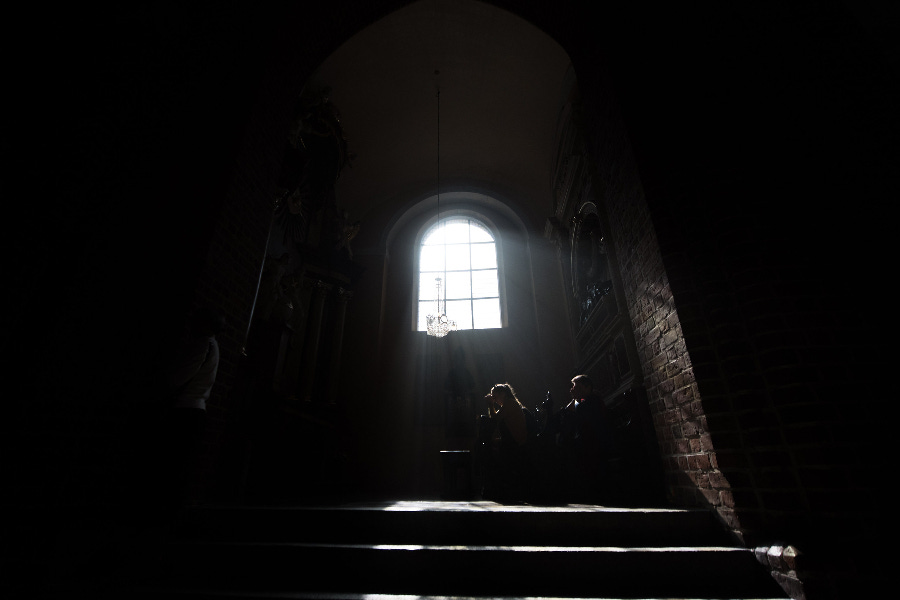How Poland became a ‘laboratory’ for ‘Vos estis’
On the eve of the text’s 5th anniversary, Polish Catholics believe there is unfinished business
This year marks the fifth anniversary of the release of Vos estis lux mundi, an apostolic letter establishing a mechanism for holding bishops to account for the mishandling of abuse cases.
Ahead of the May 9 anniversary, there is growing discussion of whether the text — who…

